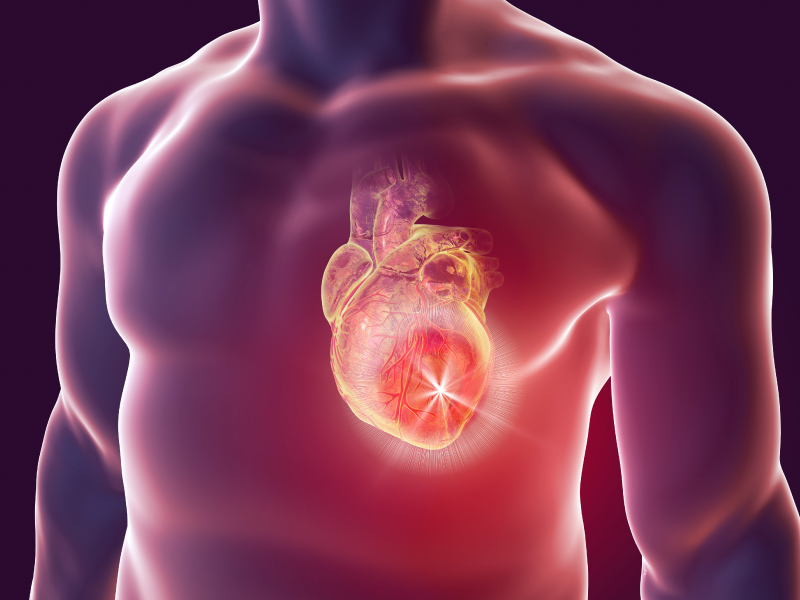The top 5 AHA News stories and videos of 2019
By American Heart Association News

The most-read stories of the year include pieces on intermittent fasting, Susan Lucci and aspirin. Hookah smoking topped the list of most-watched videos.
TOP STORIES
1. Avoid daily aspirin unless your doctor prescribes it, new guidelines advise
A new set of guidelines to help people stay heart-healthy advises against daily aspirin use for prevention, saying it may actually do more harm than good.
2. Could adding minerals to drinking water fight high blood pressure?
A new study suggested adding calcium and magnesium to drinking water could prove an effective strategy for fighting high blood pressure.
3. Why are black women at such high risk of dying from pregnancy complications?
Black women are up to four times more likely than white women to die from pregnancy-related complications. The reasons cross economic and social boundaries, even for stars like Serena Williams and Beyoncé.
4. Susan Lucci thriving since getting 2 stents in heart; recognizing warning signs avoided heart attack
Susan Lucci is known for her decades as Erica Kane on "All My Children" and for her terrific fitness. So when she felt "an elephant pressing on my chest," she knew something was very wrong. Doctors found and cleared two blocked arteries.
5. Time-restricted eating is growing in popularity, but is it healthy?
Is when you eat just as important as what you eat? That's what proponents of intermittent fasting and time-restricted eating say.
TOP VIDEOS
1. How common is hookah smoking, and is it dangerous?
As cigarette smoking hits an all-time low, another form of tobacco use is rising in popularity – hookah smoking.
2. Why do we need vitamin D, and what's the best way to get it?
Vitamin D is important to your body, but research shows taking supplements may not help you fight off heart problems.
3. Tips to help weary teens get a good night's sleep
Better sleep means better health. Find out how much sleep teens need and how to help them get it.
4. The anti-aging power of exercise
Physical activity and strength training can help you feel younger and stay healthier, well into your later years.
5. 5 things you can do to test your heart health
From resting heart rate to waist circumference, here's what you need to know about some important factors than can affect heart health.
If you have questions or comments about this story, please email [email protected].





